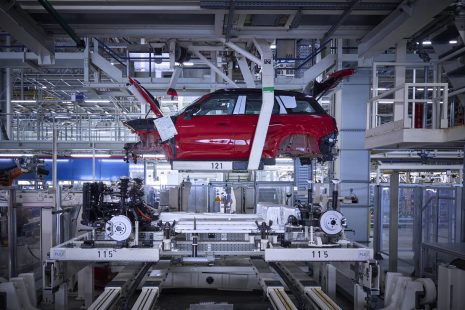
General Motors and Ford Face Significant Challenges in Electric Vehicle Market in 2024
2024 presents unexpected challenges for two giants of the American automotive industry – General Motors (GM) and Ford. Despite high expectations and substantial investments in the electric vehicle (EV) market, both companies are confronting serious issues, including massive job losses and production halts that could threaten their long-standing existence.
GM and Ford have collectively reported over $5 billion in losses, leading to the layoff of thousands of employees. Despite high hopes for their EVs, both companies are struggling to meet sales targets. Ford, in particular, reports a loss of approximately $36,000 on every EV sold, with their EV division alone declaring a $1.3 billion loss in a single quarter.
The key issues cited include high pricing, market dynamics, and consumer preferences. Many consumers in North America still favor gasoline or hybrid vehicles over luxury electric models. Nearly 50% of EV buyers have switched back to hybrids, indicating growing skepticism about EVs. Both GM and Ford are also grappling with technical issues and production delays.
GM has laid off thousands of workers and scaled back its ambitious plan to produce 400,000 electric cars by mid-2024. Ford’s CEO, Jim Farley, urges viewing the company as a “start-up,” focusing on the future despite ongoing losses.
The struggles of GM and Ford in the EV market serve as a cautionary tale for automotive companies rapidly transitioning to EVs. While political initiatives and environmental goals pressure manufacturers to develop EVs, the experiences of GM and Ford highlight that consumer demand and market dynamics remain crucial. The automotive industry faces a complex balancing act between navigating the future of EVs and current economic challenges.
As the industry evolves, GM and Ford’s experiences will likely influence how automakers globally approach the transition to electric vehicles. Balancing innovation with market realities is essential for sustainable growth in this rapidly changing sector.




